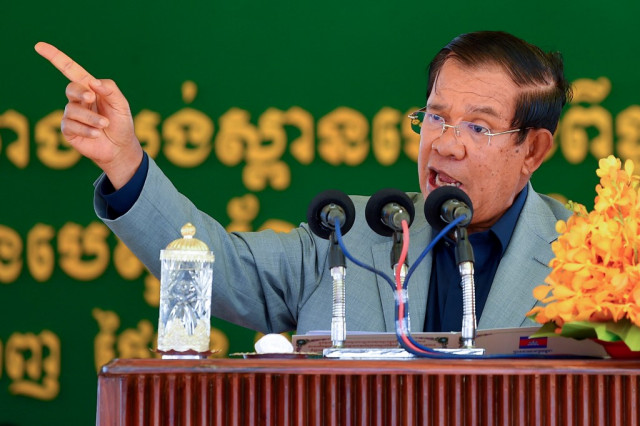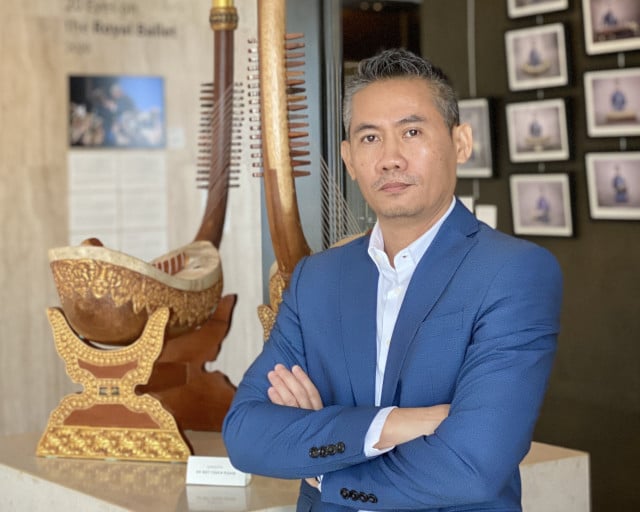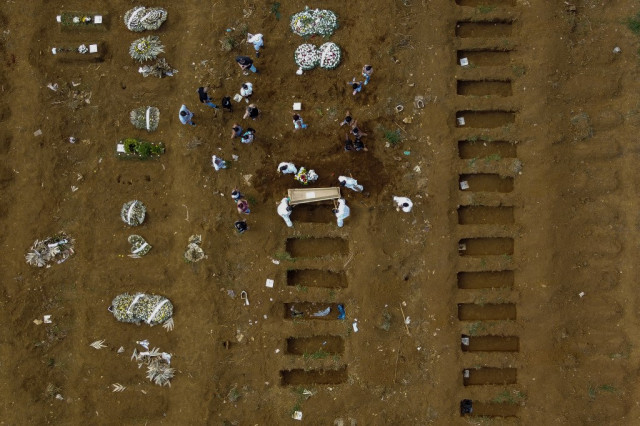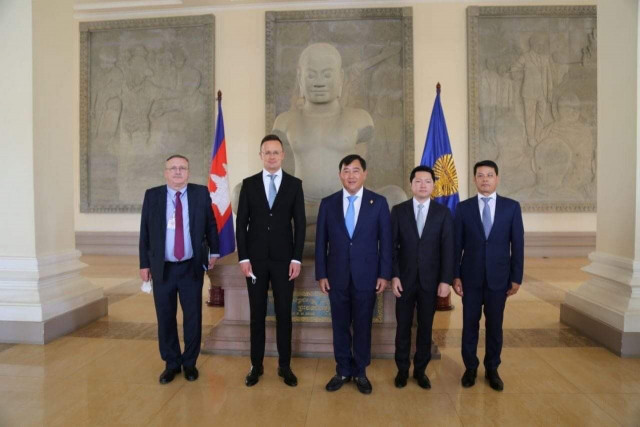Reliance on PM Hun Sen for Governmental Decisions Belies a “Broken System”

- Mao Sopha and Phoung Vantha
- February 17, 2021 12:01 PM
The inertia and inaction of Cambodian government officials has drawn the ire of the public, with calls for political reform after authorities appear overly-reliant on Prime Minister Hun Sen for decision-making.
PHNOM PENH--The authority of the authorities was today called into question as analysts voiced concerns over the political mechanisms upon which Cambodia operates. The chief problem, they said, was a lack of responsibility among government officials who instead rely on Prime Minister Hun Sen for much of the decisions they are supposed to be in charge of.
This comes just after a police inspector in Battambang Province was dismissed from his duties on Feb. 16 for allowing an illicit employment broker to escape COVID-19 quarantine facilities. The day prior, Hun Sen had issued a public warning to all officials that they would be fired and could face criminal charges for a dereliction of duty in relation to protecting Cambodia’s borders against the spread of COVID-19.
However, Ou Virak—president of Phnom Penh-based think-tank Future Forum—said that while he appreciated the apparent crackdown on corruption among government officials, he has grown concerned over the disregard for the political mechanism and system in which officials are not responsible for their own duties. Virak warned that such a system should not rely solely on Hun Sen.
“Why didn’t the provincial governor or the provincial court investigate this case?” Virak asked. “Why is it necessary for the prime minister to intervene? If Hun Sen knows, why does the provincial governor not know?”
He added that the refusal of government officials to fulfil their duties and solve the nation’s problems—in favor of waiting for Hun Sen’s intervention—shows that the state administration is in need of reform.
“If everyone is just waiting for the reaction from Prime Minister Hun Sen, then [they] do not work, it is useless and is the sign of a bad system—a system that does not work, no system works like that,” he said.
Virak also warned that the dismissal of the Battambang Province police inspector would not generate long-lasting changes needed in Cambodia’s public administration. He said that it may act as a deterrent for a brief time, but doubts that it would result in systematic change.
“I have heard these warnings for over 20 years. They [perpetrators of corruption] are afraid for a moment,” he said. "How can one man solve 10,000 cases?”
Echoing these sentiments, Seng Sary—a social analyst—warned that any system whereby local officials dare not to make decisions for fear of reprisals from those higher up is a “broken system.”
“They do not dare make a decision, they wait for regulations from high-ranking officers,” he said. “’Wait for a response from the boss, wait for the green light from the boss’ so it's become the habit of low-ranking officers to not make decisions.”
Sary estimated that Hun Sen is aware of this issue, but noted that reforms implemented have done little to change the attitude of government officials.
The lack of efficiency, Sary added, opens up Cambodia’s government officials to corruption, land-grabbing and other abuses of power. He argued that the system needs greater reforms, with fewer political party members operating within public administration to ensure the efficacy of the government as a whole.
“If they decide according to principles of the state, it will be different from the principles of a political party,” he said.
Responding to criticism, Phay Siphan—a spokesperson for the Cambodian government—said that Hun Sen has eyes on all of the issues in Cambodia and has the right to intervene in urgent cases.
“If it is urgent, he [Hun Sen] does not need to wait for the administrative process,” Siphan said.















